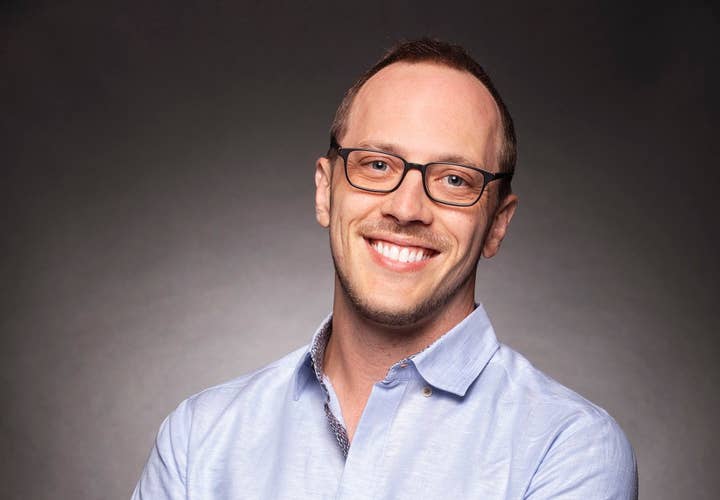When supporting a non-profit, how do you vet them?
Riot Games' senior director of social impact Jeffrey Burrell explains the process of selecting organizations
Last month, Riot Games released its 2021 Social Impact report, which states that its Social Impact Fund has to date, supported over 400 non-profit organizations across 25 countries.
The philanthropic fund was originally announced in 2019, building off the work of the Dawnbringer Karma fundraiser, which raised $6 million for charities and organizations.
During 2020, $8 million was invested in over 50 non-profits across 15 countries. Last year Riot also reported investing $10,000 to 30 chosen non-profits as well. So how does a program select and vet a non-profit to support, with the aim of improving systemic issues?
GamesIndustry.biz spoke with Riot Games' senior director and executive director of Social Impact Fund Jeffrey Burrell about some of the processes involved.
"A lot of people think, 'Well, how hard is some of the work?'," he says. "Some people just think it's like, 'Eh, don't you just write a check to a non-profit?'"
But Burrell explains that the work is rather complex as there's no shortage of non-profits. He says that some could use "a little bit of water" that the fund can offer them.

"We live in a world of unlimited needs, but limited resources," he adds.
He continues, "What we really try to do is to find ways to engage our players, and just try to be able to connect some of the through lines to really create measurable, tangible, and lasting impact."
These efforts, he notes, can range from supporting international humanitarian efforts, disaster relief, and carbon neutrality.
Some of these supported non-profits this year were: América Solidaria Argentina which seeks to end poverty in the country; Cordem ABP, an organization dedicated to gender equality in Mexico; and Plan International Japan, working to improve quality education.
Burrell says that the process of vetting, connecting, and assessing the support for non-profits comes at the issue from a few angles. First, it has to assess if the non-profit program is a good fit for the fund.
The second approach would be gauging if the program could benefit from more than just money, but also the visibility and promotion Riot can offer. An example of this would be creating a partnership model that involves working with Riot's esports team to create a charitable tournament.
"We live in a world of unlimited needs, but limited resources"
Jeffrey Burrell
He also wants to understand the story and the trajectory of an organization.
"So, for instance, we'll look at least three years of audited financial statements if possible, and kind of do our own research, saying, 'Hey, are they negative one year?'," Burrell says.
"Is that because of a particular reason? Is it a trend? How do we consider it? We look at the board of directors, we look at reputation."
Obviously the Social Impact Fund is also looking for organizations that make the greatest impact. But he notes that impact can be broadly defined, so it's also imperative to determine a program's effectiveness. For example, if a non-profit wants to create an educational grant, Burell will want to understand their "theory of change."
"[A program] could help 100 students and people can tell me, 'Oh, I hit 100 students.' [However] that doesn't mean that 100 students go on to pursue computer science in community college or a four-year institution."
Assessing a non-profit also includes understanding if it can create long-term impact or is in the process of doing so.
The work includes taking suggestions from players as well. Burrell admits that the social fund could always use help to find more programs, to make sure that it's casting a wide net.
"Sitting in Los Angeles and looking at financial statements isn't getting that feedback from those closest to the work..."
Jeffrey Burrell
"Sitting in Los Angeles and looking at financial statements isn't getting that feedback from those closest to the work to really find scalable impact that might be overlooked," he notes.
He also explains that seeking help from players makes the portfolio of organizations diverse and makes sure it covers a broader array of topics.
Burrell explains further that the process to vet and then create campaigns with organizations at times may take up to six months to establish.
There's also a considerable amount of additional work that goes into funding such organizations, so much so that Burrell says, "no one in social impact functions feel like they've got a full handle on it."
One of the difficulties of the process he shared was understanding different international tax laws.
He summarizes that vetting, supporting, and assessing non-profits is an ongoing effort that involves many angles to consider.
"You want to make sure that no matter what happens players are looking to support, that all of them are above board, all of them are vetted and have those capabilities to execute on the level that we want them to."
